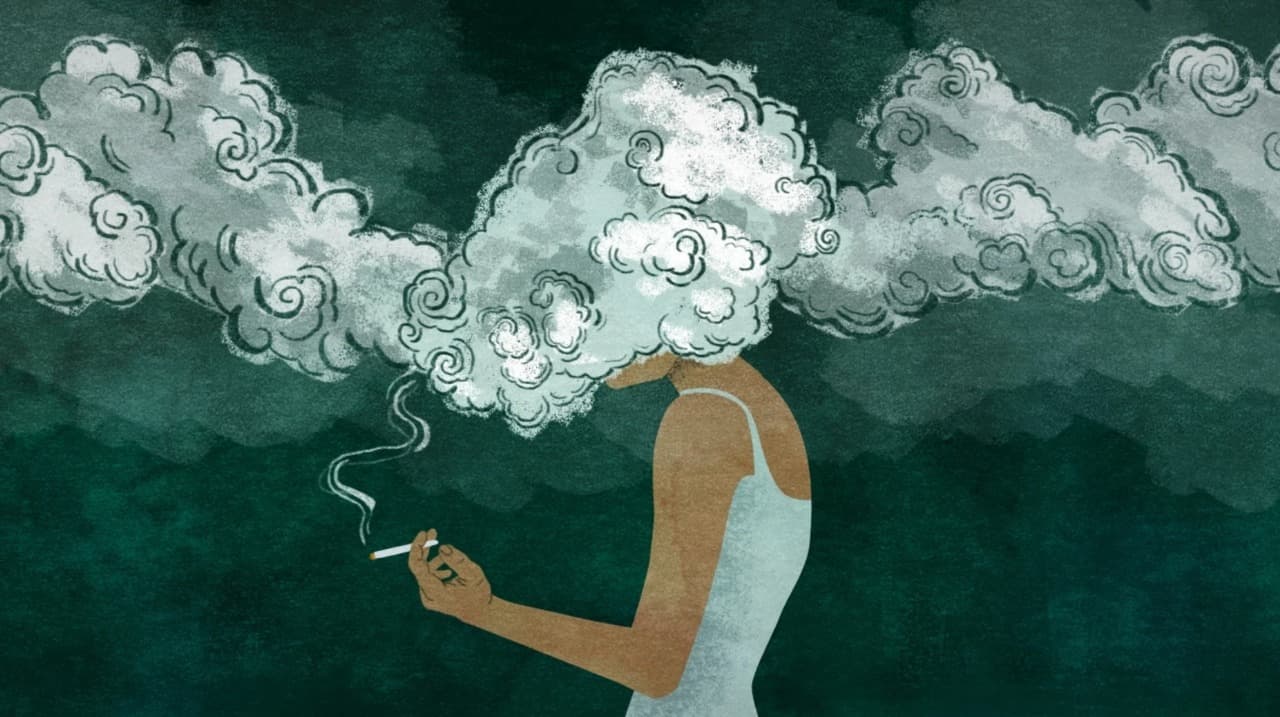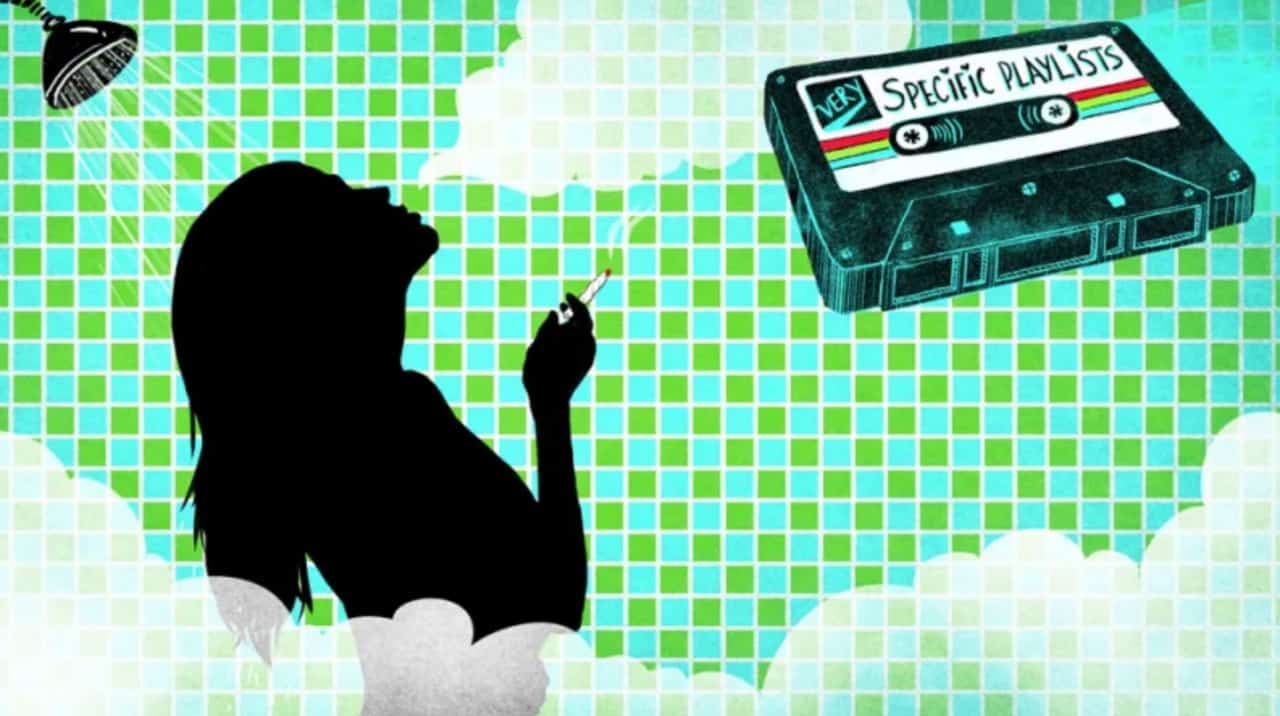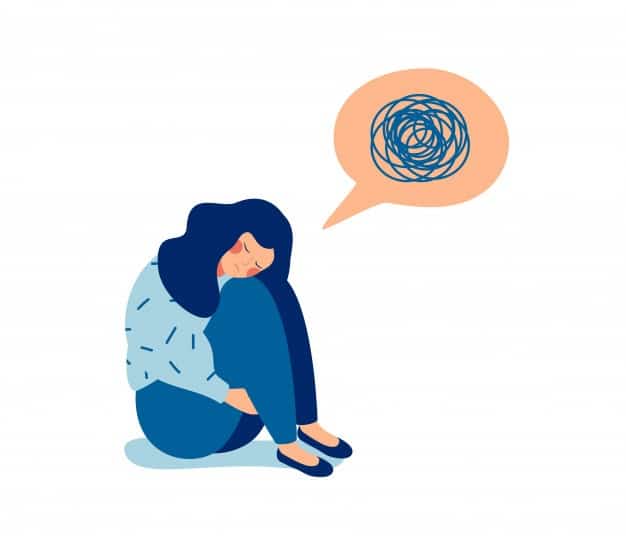In 2016, the number of people estimated to be suffering from mental health issues like depression and anxiety amounted to roughly 1.1 billion. Since then, numbers have likely continued to rise. Moreover, studies have also shown women especially on average are a) more likely to suffer from mental health issues, and b) less likely to talk about them. The taboo in Pakistan surrounding depression and anxiety disorders only serve to aggravate the individuals suffering even more. For the women who cannot seek out full time therapy, or simply need advice about their problems, we’ve enlisted the help of a trained counsellor. You sent us in your questions – here are the answers!

“I have an addiction to weed. Or at least I think I do. It calms me down and it’s hard to get by without it now. I realise I should try to do something about it, but I am not sure I even want to. How does one get out of an addiction they don’t want to get out of?”

Shahrukh’s Response:
Hi Anon,
I hear you and I do get a sense that this is something that you are confused about. Let’s delve a little deeper into what is happening for you, and get you the help that you need, should you feel that you need it.
What is Addiction? What are the signs?
First thing’s first: what is addiction? Addiction can be defined as a “psychology or physical inability to stop consuming a chemical, drug, activity, or substance, even though it is causing psychological and physical harm.” Addiction is a complex issue and it is important to be aware of when something goes from being a habit, to something that you feel that you cannot survive without. There are a few signs to look out for in relation to addiction, some of these include, but are not limited to:
- Inability to stay away from a substance: A person addicted to a substance feels that they are unable to let it go, and that they need it in order to survive.
- Upping the dose: If a person is addicted to a substance, they might find themselves building a tolerance to the initial dose, and as time passes, they keep increasing the dose in order to get that same feeling of euphoria.
- Day-to-day life affected: Another side effect of addiction is that it starts impacting your functionality in different aspects of your life – whether it’s your work, relationships, or even just hobbies.

- Time and resources spent: If addicted, your mind would be so fixated on consumption and procurement of the substance, that everything else will start becoming irrelevant.
- Physical Appearance: A person’s physical appearance could also be affected; they might lose or gain weight, or might even lose their sense of hygiene.
- Withdrawal: Giving up on a substance that a person is addicted to usually leads to withdrawal. This can vary from person-to-person but common symptoms of withdrawal include: irritability, anxiety, nausea, vomiting, loss of appetite, sweating profusely or even body tremors. In some cases, if not given the proper medical care and attention, withdrawal symptoms can even be fatal.

The Biopsychosocial Mode: The Lens Through Which We View Addiction
A lot of research has been done on the field of Addiction, and there has been a debate as to what the underlying cause for addiction might be. As stated before, addiction is a complex issue and deals with a magnitude of factors. As a result of this, a few decades ago, researchers began to adopt the Biopsychosocial Model for Addiction. This is a model that considers the biological, psychological and social factors for addiction, whether it’s in relation to the causes or the treatment. Research supports the role of biology and a person’s predisposition to addiction. Simultaneously, it also considers the importance of psychological cognitive factors as well as social factors such as family, peers and intimate partners. When it comes to treating addiction, all these elements are taken into account.
Treatment: Where? When? Who?
If you feel or suspect that you might be suffering from addiction, be it mild or severe, it is important to get help. There are several ways to go about this: you could start be seeking help from a mental health counsellor, preferably one who specialises in Addiction, who would be more than willing to help you delve into the history and the root of the addiction and assist you in getting the help that you need. Alternatively, there are quite a few rehabilitation facilities in Pakistan that are there to support you. Please refer to our article: “I want to consult a therapist, but I’m not getting the proper information.”

Anon, at the end of the day, the decision to say that you need help is essentially yours. More than addiction, you may just have a habit that is proving to be difficult to break. Ask yourself: is this habit really impacting my day-to-day life? Is this too excessive? Is my health being affected to the point that it’s getting too dangerous? In any case, I would suggest that you get in touch with a mental health counsellor and explore any concerns or issues that you may have. It will help you get some kind of clarity in terms of what else might be happening for you. I hope that you found this helpful and that this gave you a little more insight as to how you might want to proceed. I hope you find the answers that you are looking for. Best of luck! Stay in your power!








What do you think?
You must be logged in to post a comment.